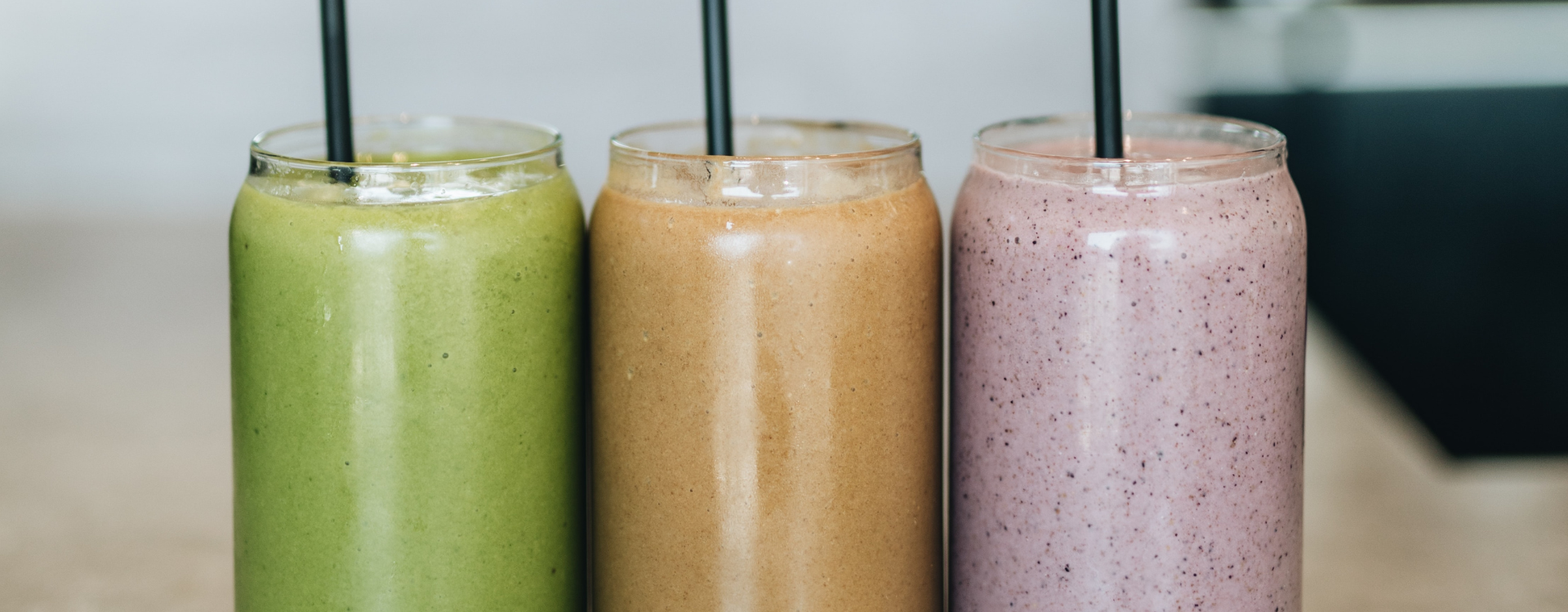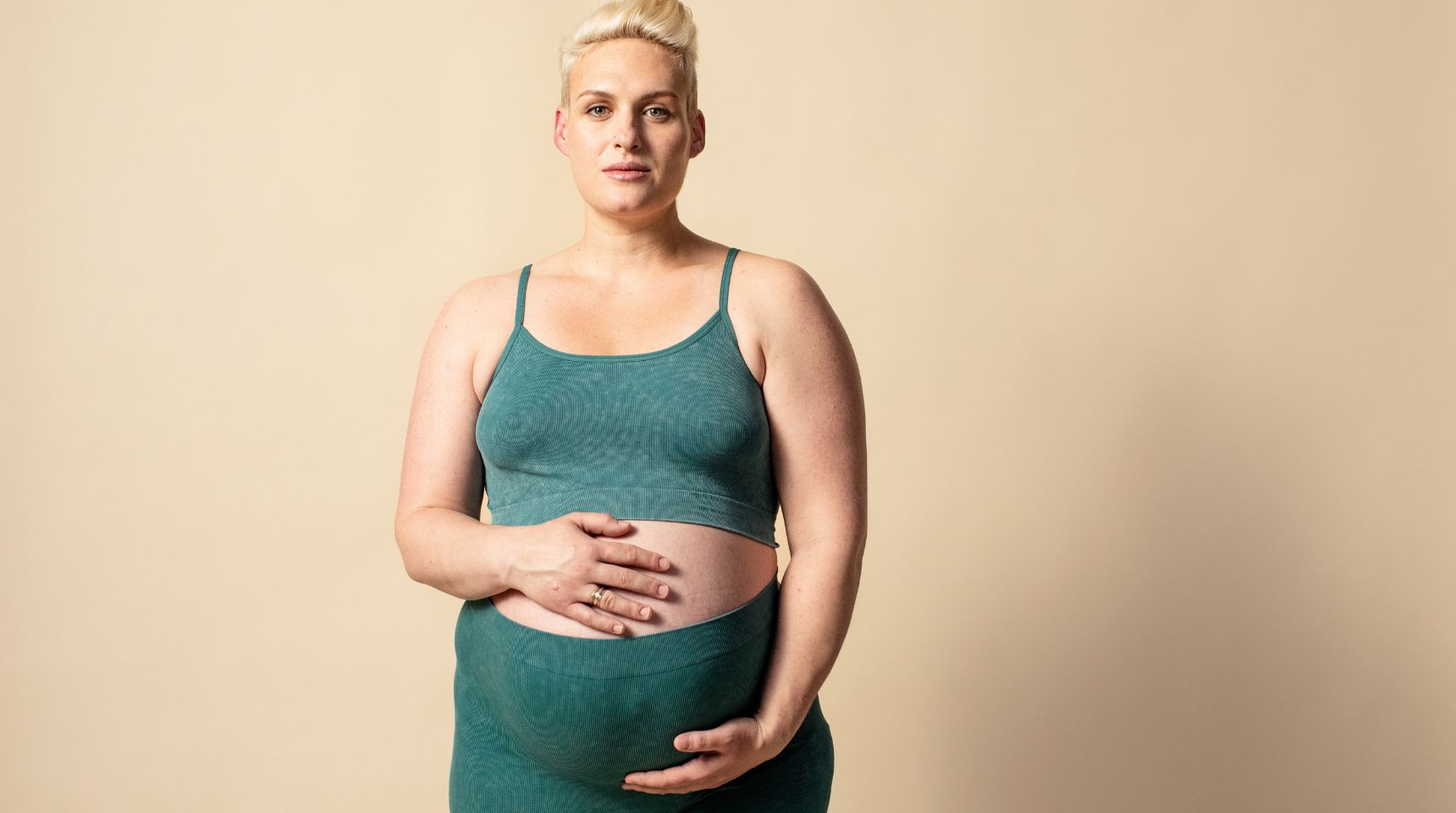Welcoming a new baby into your family is certainly a joyful time. But it can still have its up and downs.
What might not be on your radar: Pregnancy and the postpartum period can negatively affect your mental health.
“Many people are unaware of the mental health changes that can arise during pregnancy and postpartum,” says Ashurina Ream, PsyD, PMH-C, a licensed clinical psychologist and perinatal mental health specialist. “When left untreated, these conditions can cause havoc for the pregnant person as well as the baby after birth.”
It’s a scary thought, for sure—but all the more reason to be aware of perinatal mood and anxiety disorders. (“Perinatal” refers to any time during pregnancy and throughout the first year after your baby is born.)
When you’re in the throes of life with a newborn, it may be hard to separate your average moodiness or fatigue from more serious conditions. “You’re exhausted, you’re physically recovering from labor and delivery, you have an infant, and your life literally has been turned on its head,” says new mom Emily. “The biggest challenge for me was telling the difference between what’s the immediate postpartum healing experience and what’s a medical issue that can be treated.”
The key, Dr. Ream points out, is to know about perinatal mood and anxiety disorders and the resources available to you.
Here we’ll cover some of the most common maternal mental health conditions, as well as ways to find support.
Postpartum blues
The postpartum condition with a cute nickname is remarkably common. “We know that 60% to 80% of moms experience postpartum blues, or ‘baby blues’ as some call it,” Dr. Ream tells us. “It’s a short experience of moodiness or reactivity.”
Indeed, duration is what defines the baby blues. While the symptoms may mimic those of postpartum depression (see below), the difference is that postpartum blues typically only last about 2 to 3 weeks.
With the baby blues, moms report crying, feeling overwhelmed, experiencing fatigue, and being uncertain of themselves. Experts believe that the shift in hormones postpartum plays a role here—and sleep deprivation sure doesn’t help, either. Despite all this, “The baby blues is mild in nature and a mom’s predominant mood tends to be happy. It is not a psychiatric condition,” clarifies Dr. Ream.
However, if you are experiencing these symptoms longer than 2 or 3 weeks postpartum, it’s no longer baby blues. It could be a more serious condition.
Depression
Perinatal depression (also called postpartum depression) resembles major depressive disorder—except that it starts with pregnancy or after birth. In a study of 10,000 women, 21% experienced postpartum depression. Of these women, approximately 33% noticed that their symptoms actually started during pregnancy.
Symptoms of perinatal depression include:
- feeling overwhelmed
- having a hard time caring for your child or yourself
- having a hard time connecting with your baby
- loss of interest in things you used to enjoy
- persistent sadness, crying, and irritability
- changes in appetite
- difficulty falling or staying asleep, or wanting to sleep all the time
- feelings of guilt, shame, hopelessness, or helplessness
- physical ailments, such as headaches or stomachaches
- suicidal thoughts
Changes in eating and sleep patterns go hand-in-hand with many mental health conditions, Dr. Ream shares. These feelings are very real, but they may be difficult to put into words. “Frequently, moms come to see me and say ‘I don't feel like myself,’” she says.
Note: If you’re having thoughts about harming yourself or anyone else, seek help right away.
Anxiety
Similarly, perinatal anxiety (also called postpartum anxiety) can look a lot like generalized anxiety disorders, which are the most common mental health concern in the United States, according to the National Alliance of Mental Illness (NAMI). Researchers have found that rates of anxiety during pregnancy are somewhere around 16% and can be as high as 20% for postpartum women. This number has risen to 72% in the wake of the pandemic.
Perinatal anxiety can be identified by the following symptoms:
- agitation and irritability
- having a hard time sitting still
- excessive worry
- being overly concerned about your health or your baby’s health
- sleep and appetite changes
- racing thoughts
- shortness of breath
- increased heart rate
- being on high alert
- thinking about “worst case” scenarios
With perinatal anxiety, the worst-case scenarios no longer feel hypothetical; the possibilities feel very real and threatening. When such thoughts are constantly on your mind, you can’t focus on other things or enjoy the moments of motherhood. Dr. Ream offers this analogy: “The anxiety response is like a faulty fire alarm. Everything in your environment tells you it’s simply a fire drill, but your body is responding like there is an actual fire.”
Real mom stories: Emily and “Sarah”
Emily’s perinatal anxiety manifested as a “spiral of online research” about her own health, having experienced some complications after giving birth to her daughter in August 2020. “I would come across one disheartening article and it would ruin my whole day. I just couldn’t get out of bed.”
Perinatal anxiety can also be expressed as mistrust of your partner, family members, and other caregivers. Dr. Ream recalls one client, “Sarah,” who experienced high levels of anxiety after the birth of her twins. Sarah felt that no one, even her husband, could take care of them as safely as she could. It got to the point where she feared leaving the babies alone or even leaving the house. Eventually this lack of trust caused problems in her personal relationships.
To be clear, it’s common and normal to worry as a new mom. “We see our children as small, precious, and fragile. We want to protect them,” says Dr. Ream. “But when anxious thoughts keep us up at night, become hard to dispute, and won't leave our mind—that’s when it becomes problematic.”
Obsessive compulsive disorder (OCD)
When a person’s level of anxiety becomes unbearable and uncontrollable, it can result in compulsive behavior, known as OCD. Perinatal women are at higher risk of experiencing OCD than the general population. In fact, nearly 11% of women show signs of OCD at two weeks postpartum.
“Perinatal OCD is one of the most misunderstood experiences of the perinatal period. Most moms don’t even know what it is until they have experienced it,” states Dr. Ream. “It’s often thought to be something else, such as general anxiety or depression.”
With perinatal OCD, you have repetitive, overpowering thoughts about harm coming to your baby. A mom experiencing perinatal OCD will become hypervigilant and develop behaviors to avoid potential harm. An example of this is repeatedly checking on your baby to see if they are breathing.
“Again, it is normal for new parents to worry. But for those experiencing OCD, the worrying thoughts cause significant distress and are accompanied by tremendous guilt and shame,” explains Dr. Ream.
How to get help
Now that you know what perinatal depression, anxiety, and OCD can feel like, be proactive about your mental health. It is especially important to seek help if you have a personal history of mental health issues. The same is true if you are already experiencing some of the symptoms mentioned above.
Dr. Ream suggests taking these steps:
- Seek professional help. Get connected with an individual therapist specializing in maternal mental health. He or she can help you explore medication options if necessary. If you need help locating a therapist, ask your primary healthcare provider.
- Find a support group. Local hospitals and agencies supporting pregnant and postpartum women are great resources for support groups. You also can find virtual and in-person groups through Postpartum Support International (postpartum.net).
- Activate your social support network. These are the people closest to you. It’s important to share what’s going on and how they can best support you.
For Sarah, it took over a year of therapy with Dr. Ream to work through her perinatal anxiety. By then, she had more confidence in others to take care of her twins—so she could have a much-deserved break.
Some women, like Emily, find success with medication. She was relieved to learn that some anti-anxiety drugs are safe to take while breastfeeding. “It’s like a night and day difference. It saved my life,” she says.
Peace of mind
Throughout your pregnancy and after baby arrives, be vigilant about how you’re feeling, both inside and out. Think of mental health care as part of the postpartum healing process. There are many conditions under the umbrella of perinatal mood and anxiety disorders. Depression, anxiety, and OCD are just some of the most common.
Dr. Ream recommends sharing this information outward, too. “You may want to send this information to your support system as well, so they aware of the resources and warning signs to look out for.”
And if you do start experiencing some of these symptoms, please speak up. Says Dr. Ream: “I want you to know that there is help around you, and you can feel better.”
If you’re having thoughts about harming yourself or anyone else, it’s time to seek help. You can contact the free 988 Suicide & Crisis Lifeline 24/7 – call or text 988 or chat 988lifeline.org.
All content found on the Lansinoh.com website, including: text, images, audio, or other formats were created for informational purposes only. The content is not intended to be a substitute for professional medical advice, diagnosis, or treatment. Always seek the advice of your physician or other qualified health provider with any questions you may have regarding a medical condition. Never disregard professional medical advice or delay in seeking it because of something you have read on this website.









